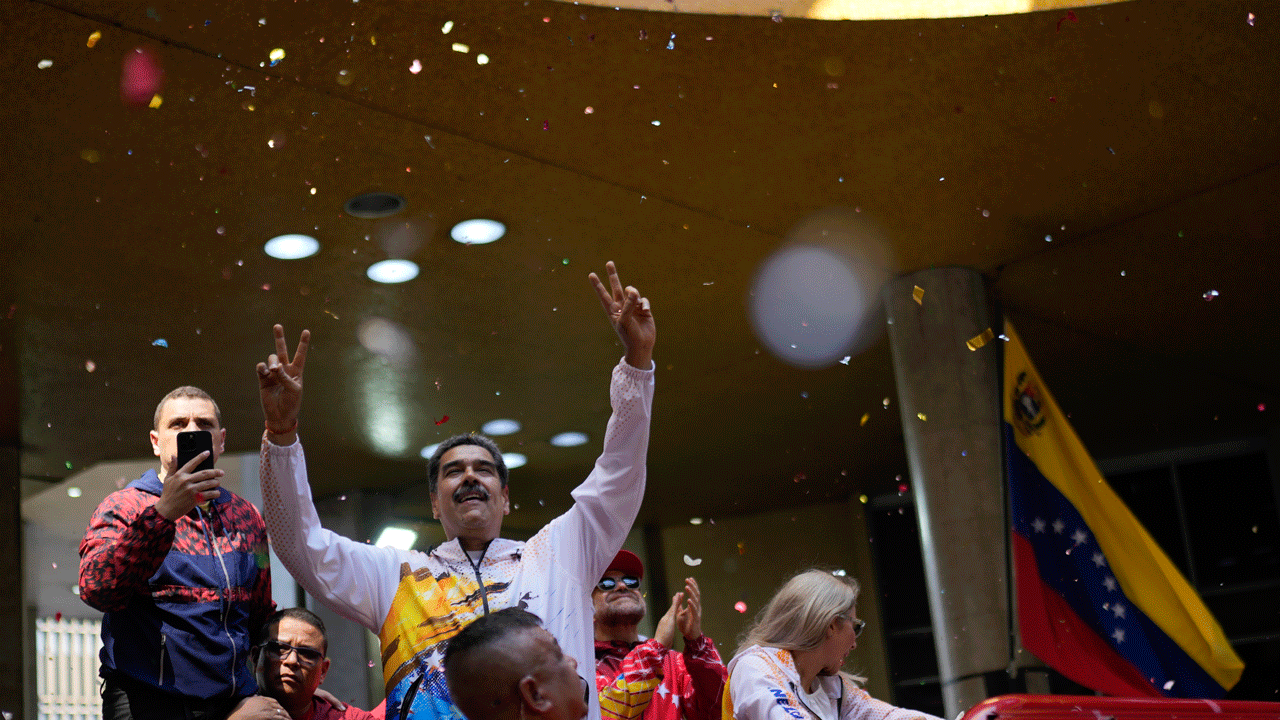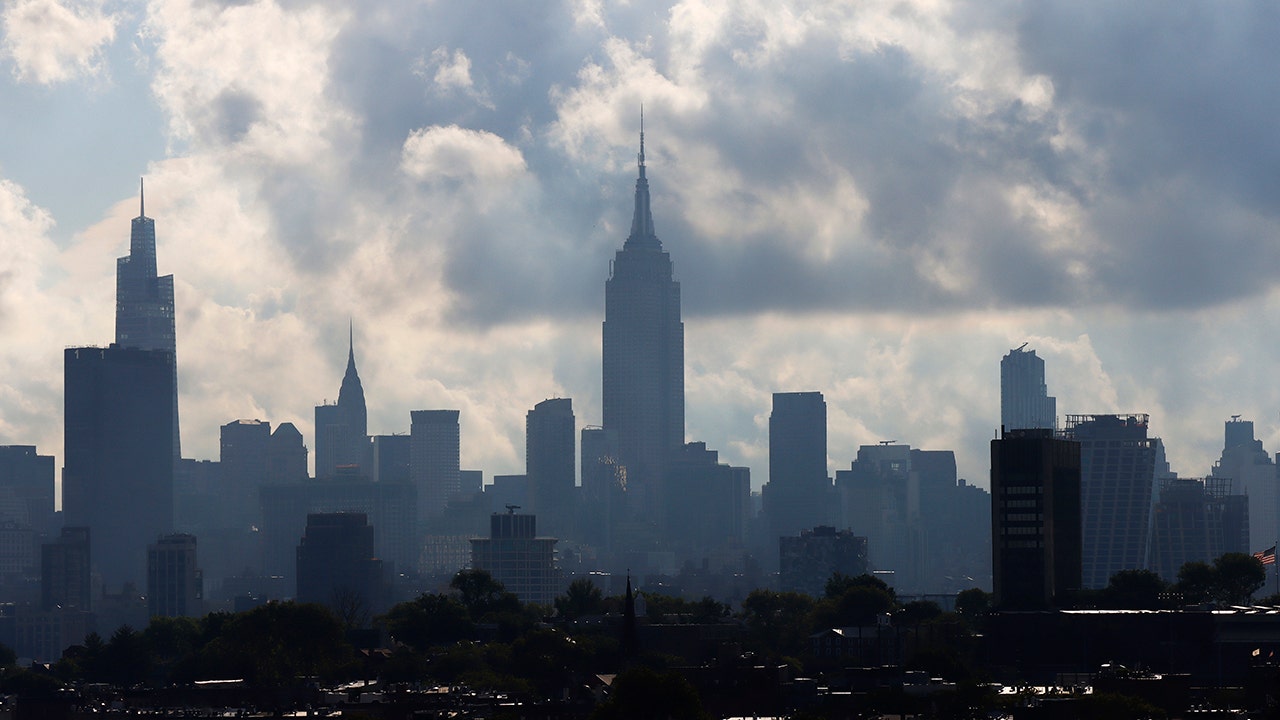YouTuber and American resident Óscar Alejandro Pérez was recently arrested on terrorism charges while trying to visit his mother in Venezuela. 32 hours behind bars later, Pérez was released and must now await trial in the Latin American country known for human rights violations, inflation, and the socialist regime of Nicolás Maduro.
So why was Óscar Alejandro Pérez arrested? Regime officials claim that Pérez called on Venezuelans to bomb the Credicard Tower in Caracas — a building where, Pérez says in a 2023 video, all of Venezuela’s credit and debit card servers are located, thereby causing the country’s banking system to fall. The problem for the Maduro regime, aside from this statement being wildly taken out of context, is that this is also the exact plot of the hit 1999 film Fight Club.
The farcical arrest of Óscar Alejandro Pérez is the latest in a saga of targeted arrests in Venezuela. With a following of nearly 2 million on the video-sharing platform, Pérez routinely spoke about the realities of life in the socialist nation. He opened a recent video by pointing out that Venezuela’s minimum wage is $3.60 per month, the lowest in Latin America. So, is speaking the truth now illegal in Venezuela? While Maduro is most certainly cracking down on dissent, there is a larger move at play as the regime attempts to divert attention from what is really going on.
This red smoke screen has a long history of use by Venezuela’s despots. Hugo Chávez, who first attempted to seize power in Venezuela through an unsuccessful coup, would often employ strange distractions such as painfully long speeches and descriptions of his bowel movements broadcasted across televisions, as he dragged the nation further into socialism. The Maduro regime has since mastered this strange deception. So, what are they trying to hide?
CLICK HERE FOR MORE FOX NEWS OPINION
This time, the red smoke screen is covering up the upcoming presidential election and a new law that grants sweeping power to criminalize protest. It should be no surprise that Pérez was arrested on the same day as opposition leader María Corina Machado called for a global protest against the regime’s blockade of any candidate registering in the presidential elections. It should also be no surprise that members of Machado’s family were recently detained by police and then released without charges. And it certainly should not be a surprise that Machado’s campaign manager and eight other staffers were arrested for alleged involvement in an anti-government conspiracy.
FORMER VENEZUELAN OIL CZAR ARRESTED IN CORRUPTION PROBE
Maduro’s red smoke screen does not stop there. In a move to foment domestic ire against the United States reminiscent of Chávez-era propaganda, Caracas accused Washington of building “secret military bases” in the newly discovered oil deposits of neighboring Guyana. It should also not be a surprise that Maduro claimed these resources as his own and is now threatening to annex the region after mobilizing the army.
Venezuelan President Nicolas Maduro gestures to supporters as he arrives with his wife Cilia Flores in an open vehicle to the National Election Commission (CNE) to formalize his candidacy to run again for president in Caracas, Venezuela, Monday, March 25, 2024. Elections are set for July 28.
Amidst this planned chaos, Venezuela’s Congress is moving steadily ahead on a new law targeting “fascism, neofascism, and similar expressions”. Unfortunately for the Venezuelan people, the regime’s definitions of fascism are free speech, neoliberal ideas, and conservative thought. This law allows Maduro to establish draconian controls inside the country, tightening existing restrictions on media publications and social networks that have forced citizens to censor themselves to avoid torture. It also outlaws all forms of dissent, virtually eliminating any hope of future opposition candidates rallying support – even if they were allowed to run. Outside the country, this law will provide Maduro with a mandate to target Venezuelans who fled, including those seeking asylum in the United States.
As Senators Marco Rubio, Ben Cardin, and Bill Cassidy said in a bipartisan statement, the Maduro regime has shown the world that it will “stop at nothing to undermine its opponent[s]…Both the Biden Administration and the international community must hold Maduro accountable for this.” They go on to say that the so-called “anti-fascism” law in Venezuela is “further proof that civil society, the opposition, freedom of expression and the free press have no place in Venezuela.
Senators Rubio, Cardin, and Cassidy are right. And unfortunately, for the Venezuelan people, time is running out. The free world must stop Maduro’s red smoke screen from blocking out the hope of democracy in Venezuela — before it is too late.
Ana Leca, a political scientist and a former journalist, is a program officer in the Latin America Studies Program, a unit of the Victims of Communism Memorial Foundation.

 Video
Video
